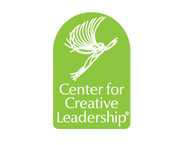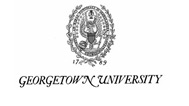March 2014: Beware of selective disclosure.
/As a leader, your job is to help ensure your people are as productive as possible. Many leaders forget that there is a direct link between communication and productivity, and that they are often the gatekeeper who decides whether to share, withhold or selectively disclose information.
Absent information, people try to fill in the blanks for themselves, which fuels the rumor mill and becomes counterproductive. There will always be some form of speculation, but the more disclosive you are and the more trust you build, the less distracting that rumor mill will be.
Some leaders withhold or selectively disclose information to build or maintain power over others. As long as this intent and behavior exist, you will have trust issues in your organization. Resist the urge to withhold information because it makes you feel powerful. Remember that to go from good to great, you need your people to be empowered and armed with as much information as possible so they can carry out the tasks at hand. You’re looking for that extra mile -- that discretionary effort -- and free-flowing information helps you achieve that goal.












PRWeb, September 2016
Susan Tardanico, CEO of the Authentic Leadership Alliance and Executive in Residence at the Center for Creative Leadership, will speak and moderate a panel on “Courageous Leadership in the New Normal” at the annual WICT (Women in Cable Television) Leadership Conference on September 19 in New York City.